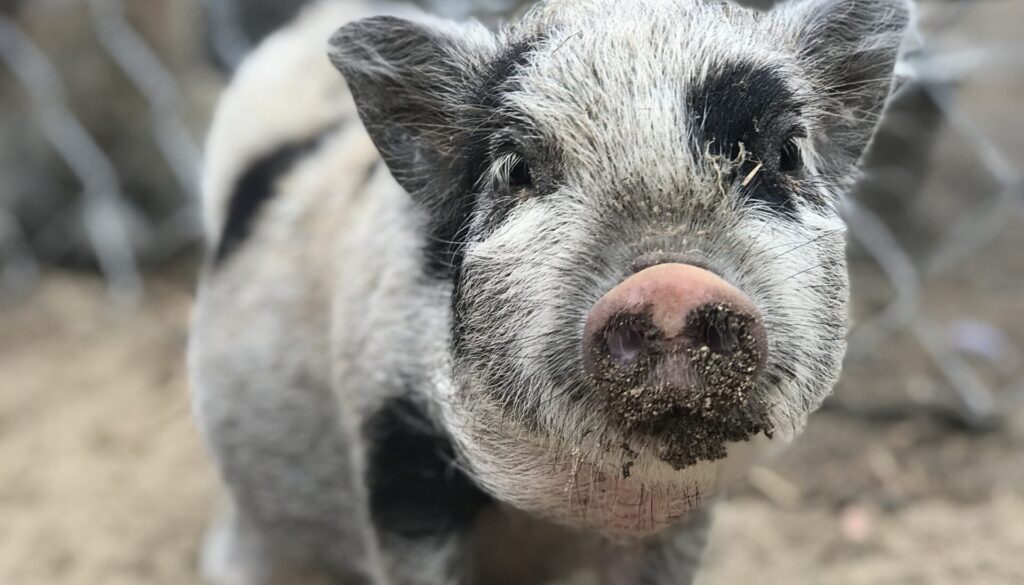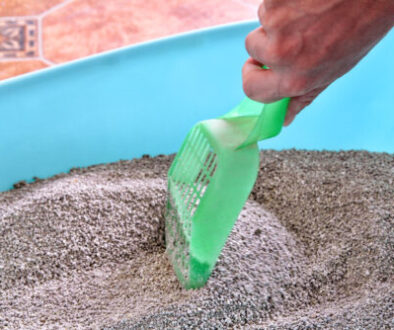Are Potbelly Pigs the Right Pet for Me?
For those who want to step outside traditional norms, potbelly pigs can make a unique pet, but what are some things you should know before bringing one home?
Lifespan. Potbellied pigs have a long life expectancy, so owners should be prepared to devote resources for between twelve and eighteen or twenty years. For those with allergies, this can offer an alternative, as potbelly pigs are hypoallergenic.
Disposition and training. Their temperament includes playfulness and inquisitiveness with an intelligence akin to dogs. You can teach them to walk on a leash and perform tricks, but this also might make them challenging to manage. Without mental or physical stimulation, they tend to become destructive. Guide them firmly but with gentleness as they can exhibit stubbornness, and know if they receive impatience from owners, their higher-maintenance sensitive side comes out.
Size. How big is a potbelly pig in adulthood? These are considered mini-pigs, when juxtaposed against hogs, and can top out at 100 to 170 pounds. For comparison’s sake, Great Danes reach about 140 to 175 pounds, fully grown. However, contrary to myths, pigs are clean animals who don’t smell and only perspire through their noses.
Activity. Like many animals, pigs benefit from outdoor time, though some prefer being indoors. Make sure to provide shelter, bedding, and a wallow (a pool for staying cool during the warmer months) along with plenty of fresh water.
Housing. Certain cities have zoning restrictions on full-sized pigs as pets but may allow miniature pigs. Because of their size, even the most spacious apartment or condo won’t be an appropriate living situation. Like cats and rabbits, potbelly pigs can learn to use a litterbox – but this does not substitute for outdoor time.
Diet. They love to eat and tend to become obese, so monitor their diet, carefully including special mini pig food plus fresh vegetables. Beets, carrots, cucumber, sweet potatoes, and lettuce plus some fruits will provide vital dietary fiber and nutrients and prevent impacted bowels which can cause death.
Health concerns. They do need vaccinations against different diseases, in addition to a spay or neuter and de-worming. Your vet will have advice on how to trim the tusks and hooves. If allowed to become obese, they can develop blindness, respiratory conditions, and joint problems.
Overall, these emotional and intelligent animals make affectionate pets who establish a sense of trust with their owners! With the right living environment and care, they can provide companionship for the whole family.




